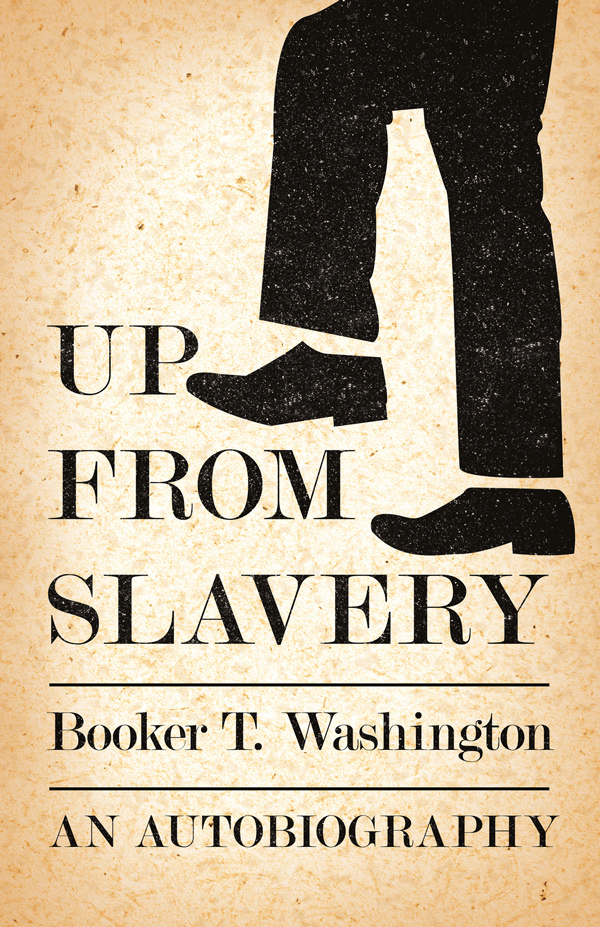
Stepto, omit sustained consideration of Washington's book. Even the specialized studies of black autobiography, with the exception of those by Houston Baker, Sidonie Smith, and Robert E. But literary critics have paid little attention to it. Historians have of course examined Up from Slavery for information about Washington's life and period, and they have noted its impact on black educational, political, and social thought.


DuBois manages in Dusk of Dawn (1940), the subtle and disturbing account of black adolescence and early maturity that Richard Wright crafts in Black Boy (1945), the stylistic vigor and intelligence that James Baldwin demonstrates in Notes of a Native Son (1955), or the explosive energy that Malcolm X unleashes in his autobiography (1965).ġ. Nor does Washington's book display the sophisticated rendering of personal and public life that W. He is not keenly conscious of his competitive relation to the autobiographical writings that have preceded his own and unlike Henry Adams and Henry James, he does not manifest a high degree of selfreflective awareness about the act of telling the story of his life. Unlike Whitman and Thoreau, Washington does not propose experiments in form, and he does not undertake a profound inner exploration as his text unfolds.

Compared with the American autobiographies that we frequently study and teach, it seems meager and unchallenging. Washington's Up from Slavery (1901) is one of the most famous American autobiographies, yet it is unfortunately also one of the least analyzed.


 0 kommentar(er)
0 kommentar(er)
